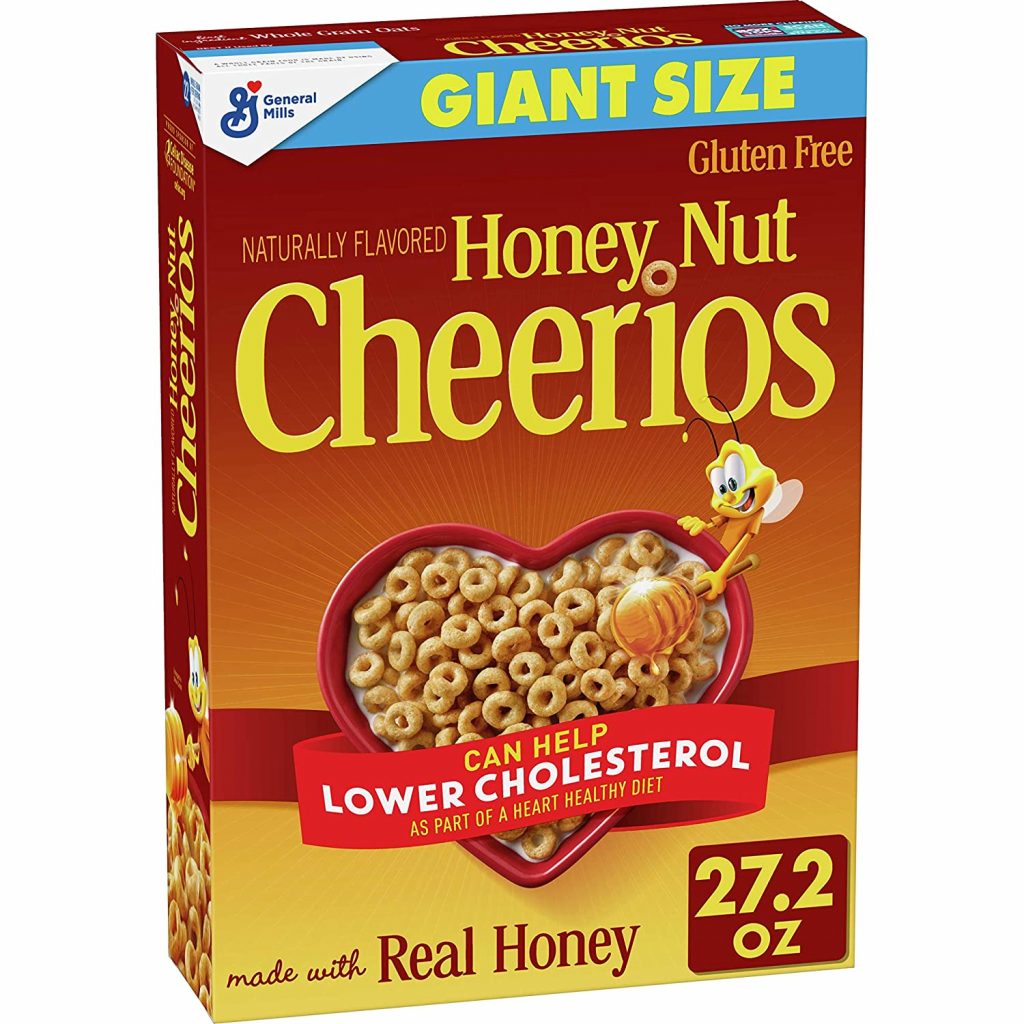FDA Says All Cereal No Longer Has Nutritional Value?
The FDA is rolling out new food guidelines which will change the classification of cereals like Honey Nut Cheerios and Special K from healthy to unhealthy.
This article is more than 2 years old
Breakfast is widely known as the most important meal of the day. But with stacks of syrup-covered pancakes and boxes of sugary donuts often gracing our kitchen tables, it’s not always the healthiest. Unfortunately, a lot of popular breakfast cereals aren’t much better as they are filled with sweetening ingredients or topped with marshmallows and now, under new guidelines from the FDA, these foods will soon be classified as unhealthy.
Following a new rule proposed by the agency on September 28th, food products regulated by the Food and Drug Administration must now meet certain criteria to be labeled as healthy. And many popular breakfast cereals, including ones that are thought to be healthy, will no longer fit under that label. Several products will now have to align with the FDA’s updated Nutrition Facts label and the current Dietary Guidelines for Americans.
As part of its announcement, the FDA used boxed breakfast food to detail the new criteria. For a healthy stamp, cereals have to contain a three-quarter ounce of whole grains, no more than one gram of saturated fat, 230 milligrams of sodium, and 2.5 grams of added sugars. As a result, Raisin Bran, Honey Nut Cheerios, Corn Flakes, Honey Bunches of Oats, Frosted Mini Wheats, and Special K no longer qualify as healthy under the agency’s new definition, CNBC reports.
The FDA also explained that the new rules are intended to better account for how all the nutrients in various food groups (like cereal) contribute, and may work synergistically, to create healthy dietary patterns and improve health. The current definition is based solely on individual nutrients, according to Food&Wine. More foods that are part of a healthy diet and recommended by the Dietary Guidelines would be eligible to use the claim on their labeling.

This includes nuts and seeds, high-fat fish like salmon, certain oils, and water. The current definition permits cereal manufacturers to use the claim “healthy” on some products that contain levels of nutrients that would not help people maintain good dietary practices. As such, the FDA believes the definition needs to be updated to ensure that products bearing the label really can improve one’s health.
The new food and cereal guidance comes after the White House Conference on Hunger, Nutrition, and Health. It also follows the release of a related national strategy that aims to end hunger, improve nutrition, reduce diet-related diseases, and close disparity gaps by 2030. “Healthy food can lower our risk for chronic disease. But some people may not know what constitutes healthy food,” the secretary of the U.S. Department of Health and Human Services, Xavier Becerra explained.
He added that getting people to understand that our knowledge of what is healthy has changed since 1994 is kind of the point. The FDA’s move will help educate more Americans to improve health outcomes, tackle health disparities and save lives. But no one will be too surprised if some cereal and food manufacturers decide to object to the proposed rule change. It’s currently open for comment until December 28th.







